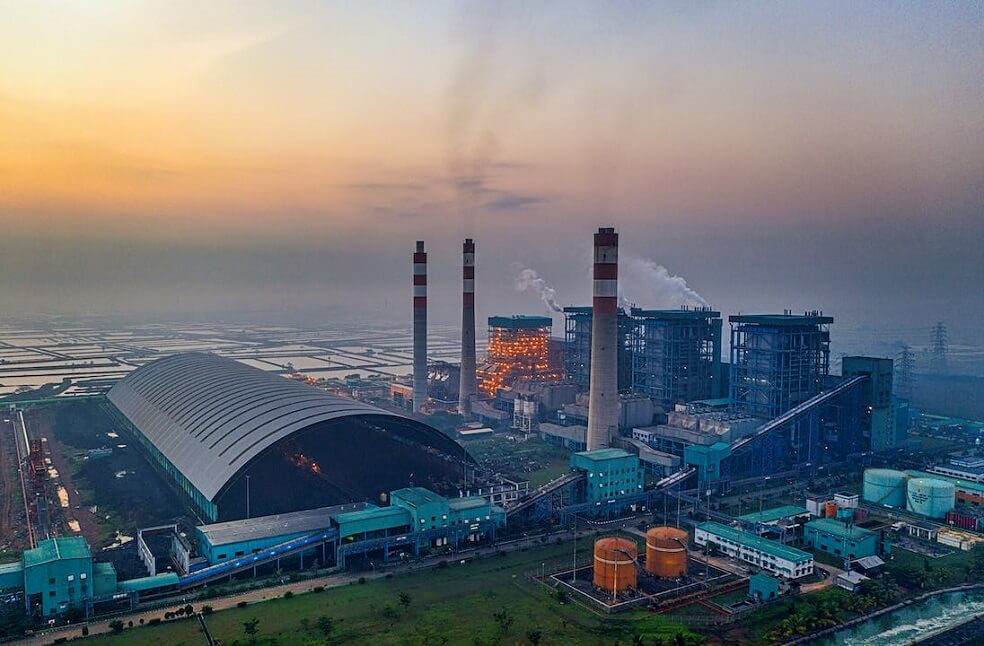New Zealand: New Zealand has unveiled its most significant initiative to date to reduce emissions by transitioning from coal to renewable electricity at its major steel plant. This move, considered equivalent to removing 300,000 cars from the road, involves a government investment of $140 million to cut coal usage by half at the Glenbrook steel plant and replace it with an electric-powered furnace for recycling scrap steel.
The project’s total cost will be partially covered by the plant’s contribution of $160 million. The steel company currently accounts ftor 2 percen of New Zealand’s overall emissions due to coal-intensive processes used to produce steel from iron-rich sands. The new endeavour entails the installation of a $300 million electric-powered arc furnace that will utilise renewable energy from New Zealand’s primarily wind, hydro, and geothermal-powered national grid.

Prime Minister Mr. Chris Hipkins stated that the project “dwarfs anything we have done to date”.
“This size of this project demonstrates how serious the government is about reducing New Zealand’s emissions as fast as possible. Alone, it will eliminate 1% of the country’s total annual emissions,” the PM added.
The government says the plan will reduce New Zealand’s emissions by 800,000 metric tonnes annually.
“To understand the scale of this project, it reduces more emissions on its own than all the other 66 [government-funded emissions-reduction] projects we have approved to date,” Mr. Megan Woods, minister of energy and resources, remarked. The electric-powered furnace is due to be running by 2026-7.
The plan marks a significant step in New Zealand actually reducing its greenhouse gas emissions, as opposed to buying offsets from tree planting to reach net zero.

In April 2023, the Climate Commission issued a warning regarding New Zealand’s heavy reliance on tree planting as a means to offset carbon pollution, highlighting the potential threat it poses to the country’s ambitious goal of achieving net zero emissions by 2050.
Although New Zealand’s overall contribution to global emissions is relatively small, its per capita gross emissions are high. Based on 2018 data, New Zealanders produce greenhouse gases equivalent to 16.9 metric tonnes of carbon dioxide heating power, which is more than double the per capita rate of the UK. Additionally, the country has ranked poorly among global performers in terms of emission increases.



